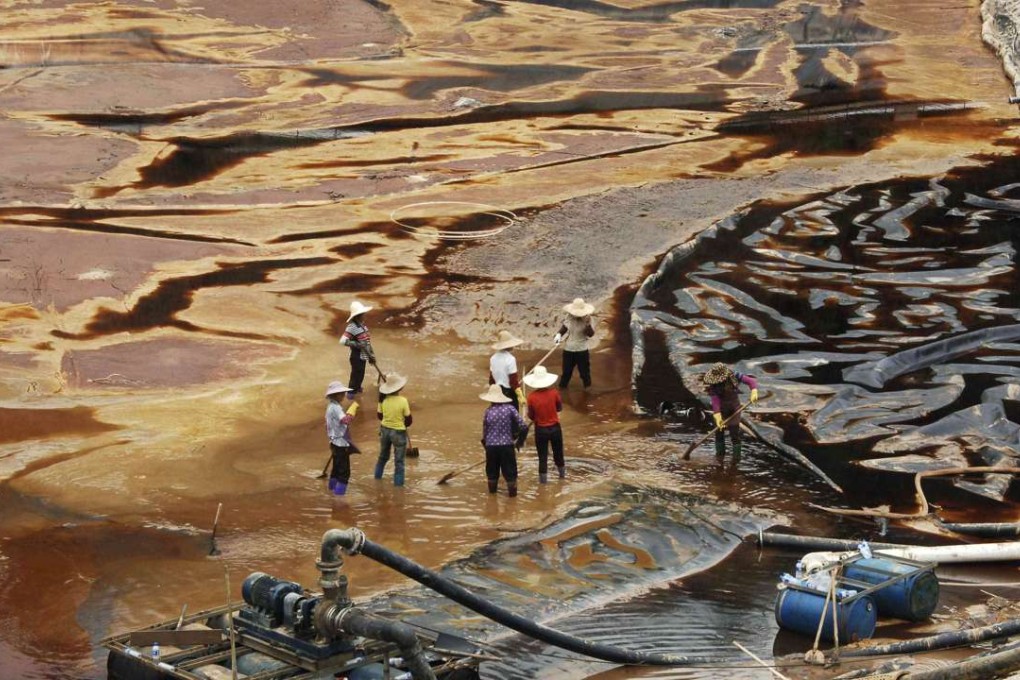Beijing’s mineral export taxes show its duty to the environment
Albert Sun and Zhigang Tao say export duties which China is imposing on key commodities are probably not intended as protectionist measures

Right on the heels of a ruling against China’s claims in the South China Sea, the US filed a complaint with the World Trade Organisation on July 13 challenging Beijing’s export duty on nine key commodities, on the grounds that the practice provides Chinese manufacturers a cost advantage over their US counterparts which produce with the same materials.
The US has reason to question China’s intentions when imposing duties on these commodities, including copper, graphite and lead. After all, China has a history of using industrial policy to gain advantages over foreign rivals, such as the market-for-technology strategy used in the automobile and high-speed train industries.
Nonetheless, the export duty on these minerals is unlikely to have been imposed for industrial purposes, and more likely out of environmental concerns. China’s mining industry is notorious for its environmental damage, either to soil or water, and the pollution is usually irreversible. It takes decades at best for mining areas to be restored. China-produced minerals such as rare earths have a great share of international markets due to price competitiveness resulting from the country’s cheap labour costs and low environmental standards.
Why I’m optimistic China can avert an environmental catastrophe
Imposing a pollution tax on miners is the best way of solving the problem; however, a large share of the miners are small-time operators, or even family workshops, operating under lax environmental regulations. This makes a pollution tax hard to levy, because the size of most operators make it easy for them to evade tax. Thus a duty is imposed on mineral exports to make up for the environmental costs of mining operations and prevent the mineral reserves from being exhausted too fast. Meanwhile, for local firms that use these minerals, China can use part of the revenue tax on these firms to address the pollution issue.
The US complaint against China’s export duty is based on laissez-faire ideals, but the market is not perfect, especially in developing countries where the free market can amplify institutional flaws. In this case, promoting the market before tightening environmental standards will worsen pollution.
If the WTO rules against China and makes it abolish duties, as it did last year with duties on rare earth exports, the state may again close down small-time players regardless of their environmental standards and impose a state monopoly on production and export to have more control (read: a higher export price). Again, the best solution is not the free market.
Albert Sun is a research associate with the Institute for China and Global Development at the University of Hong Kong. Zhigang Tao is a professor with the School of Business at HKU